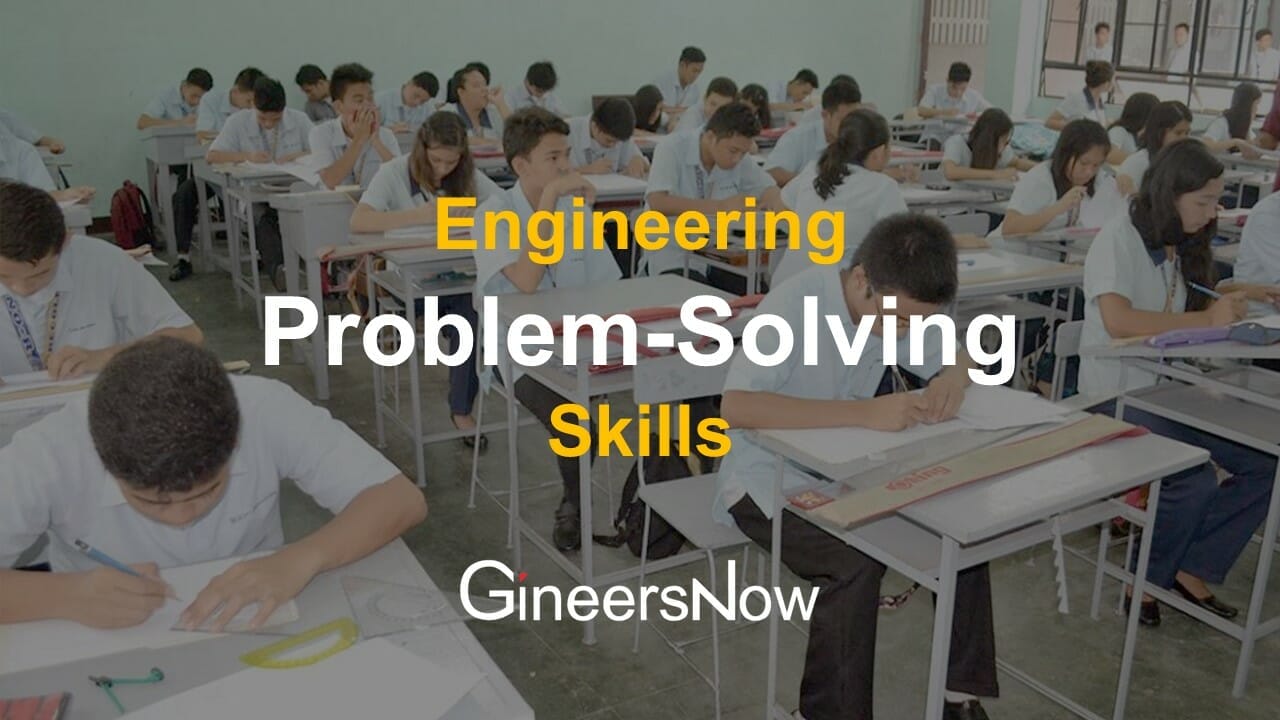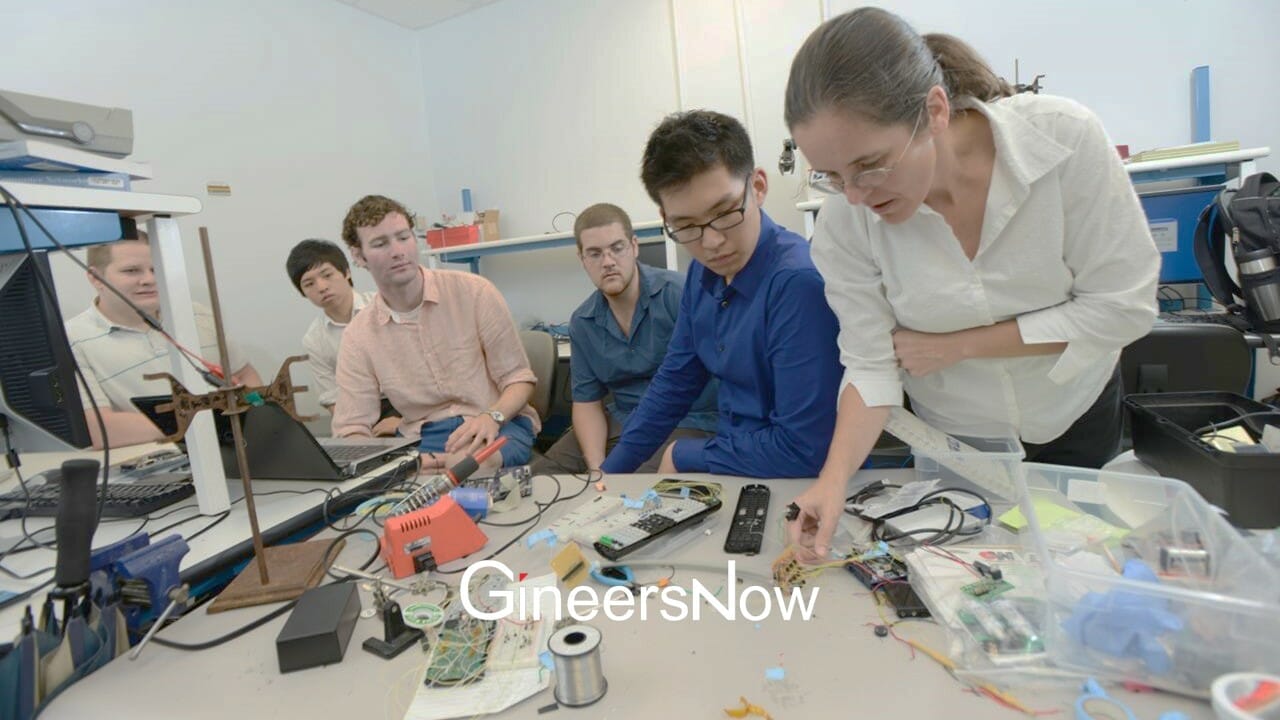Tips to improve your engineering problem-solving skills fast
It doesn’t matter which field of engineering you belong to; once you step into engineering school, you are bombarded with problems that test your problem-solving skills.
You are bound to answer challenging questions to the point that you are already on the verge of losing your sanity.
This happens as early as the general engineering subjects in your freshmen year, which are mostly mathematics. So how do you cope?
If you are a master solver in high school, that wouldn’t be so much of a problem.

You’ve got mathematics up your sleeves which makes the job of problem-solving much easier when you are in engineering.
But if you consider yourself weak in math – but taking an engineering course anyway – you should be willing to put all the work you need to do.
There is nothing that cannot be done unless you are going to set your mind to it.
Just follow these tips.
Thousands of engineers can attest that these methods work in helping you improve your problem-solving skills in engineering:

Practice, practice, practice
The more problems you solve before the exam, the more you understand the underlying principles.
It is not enough for you to resolve the problems your professor gave you.
You have to keep more problems and solve them so you can absorb what the topic is all about.
The key is repetition and consistency.
Not only that, but this also exposes you to different problems that should no longer shock you in the actual exam.
If you prepare for the most difficult problems, you are most likely to find the exam easy.

Do not memorize the process
It’s better that you gain an understanding of the logic behind the process rather than memorizing each step.
Engineers should rather analyze than memorize.

A slight change in the problem of the actual exam will leave you awestruck if it isn’t similar to the one you had in mind.
That’s why I don’t really recommend memorizing the steps given by your professor; instead, ask how and why the process came to be.
That way, you can also apply the concepts to other related problems.

Draw as you imagine the problem
If it applies, make a diagram as you visualize what can be done with the given values.
This is more of a time-saving tip because, as you know, time is essential in the exam.
If the problem is long, you will waste time re-reading the problem just to draw your diagrams.
It’s better if you illustrate right away as you read.

Make your own mnemonics
Formulas are difficult to remember as is.
Try to be creative with them and make mnemonics for better retention.
Especially in exact formulas wherein you can’t derive, assign some words that can make you easily remember them.
Be playful as possible. You can also make the formulas into songs! The sky is the limit when it comes to mnemonics.

Use your resources
Get help from your existing resources to enhance your engineering problem-solving skills.
Gather all the study materials you can have on the topics you need to study.
Do this as early as possible so you can go over all of them.
This is related to the first tip, which is practice, practice, practice.
How could you do that if you don’t have the materials or resources at hand?
Take note that resources are not limited to books but to tutorials as well.
You can ask your classmates or teachers when you seem lost in certain topics.

Solve neatly to enhance your engineering problem-solving skills
Keep your solutions and figures as neat as possible.
Organize them line by line to enhance your engineering problem-solving skills
This is perhaps the most underrated tip on this list.
Not only do messy solution sheets confuse the one who will check them (if it isn’t Scantron), but you will also have a hard time understanding your solution when you review them before you submit it.
Imagine going over that one last problem that you skipped but hastily solved because you realized it involves a long solution.
Only to be turned back to in the last 5 minutes of the exam period. Your mind is all over the place and so is your solution. Wasted points.

Help as much as you can
Discuss with someone to enhance your engineering problem-solving skills.
One of the most effective ways to understand the topics is to teach them to others in the simplest way possible.
Remember what the great Albert Einstein said, “If you can’t explain it simply, you don’t understand it well enough.”
Helping others understand the topics also helps you understand them even more.
It’s one of the best ways for retention, while you also discover that others have questions you never thought to ask.

Move on when you cannot answer anymore
You don’t know how to answer a problem? Just go over it later.
The next questions might give you an idea.
Don’t waste your time over one difficult problem at the start when you have the easiest ones in later parts.
Sometimes the professor/examiner plays this trick to test the exam time management of the takers.
Got anything to add to these tips?
Share them below!











